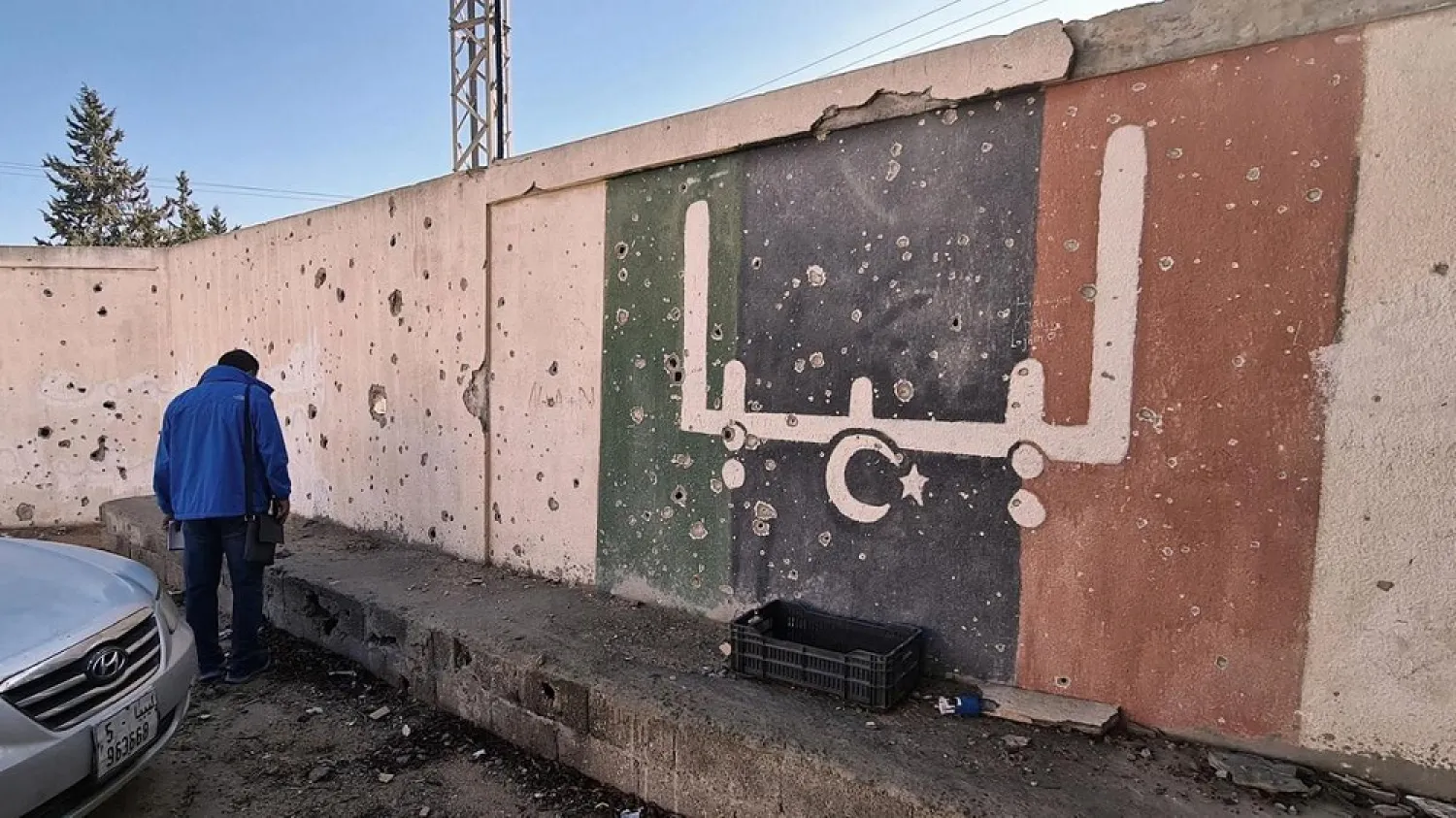The United Nations World Food Program has led a joint mission to the Fezzan region in southern Libya to inspect local conditions.
The mission comprises representatives from UN agencies, international non-governmental organizations, research institutes and representatives from the European Union, Germany and Switzerland.
Members are scheduled to hold talks with local government officials on means to bolster peace and development.
Cities in southern Libya have been marginalized during the past decade, which led to an almost lack of basic services, rise in commodity prices, a scarcity of job opportunities for the youth and increase in crime and trafficking operations.
This visit marks the first meeting in nearly three years between international bodies and local authorities in Sabha, the capital of Fezzan Province.
Mayor of Sabha Municipality Ibrahim al-Shawish stressed the importance of finding sustainable solutions for the southern regions, especially in social protection.
Over the past decade, political turmoil has affected the life and livelihoods of citizens, as well as the municipality’s ability to provide basic services, he noted.
A lawyer who works and lives in the city of Sabha said that despite the improved power supply in 2021, the region still suffers from outages, forcing people to buy fuel from the black market.
He told Asharq Al-Awsat on Friday that the people are also concerned with the lack of security, which providing fertile ground for human traffickers, the smuggling of oil derivatives, kidnapping and murder.
The EU ambassador to Libya, Jose Sabadell, said the visit to Sabha “represents a milestone towards building trust and cooperation with Libyan partners.”
Sabadell underscored the importance of direct consultations with the Libyan leadership in all regions to “base our support on actual needs on the ground.”
He vowed that the aid will focus on the basic services for citizens in the south, especially providing water, electricity, health and education, and achieving national reconciliation.









